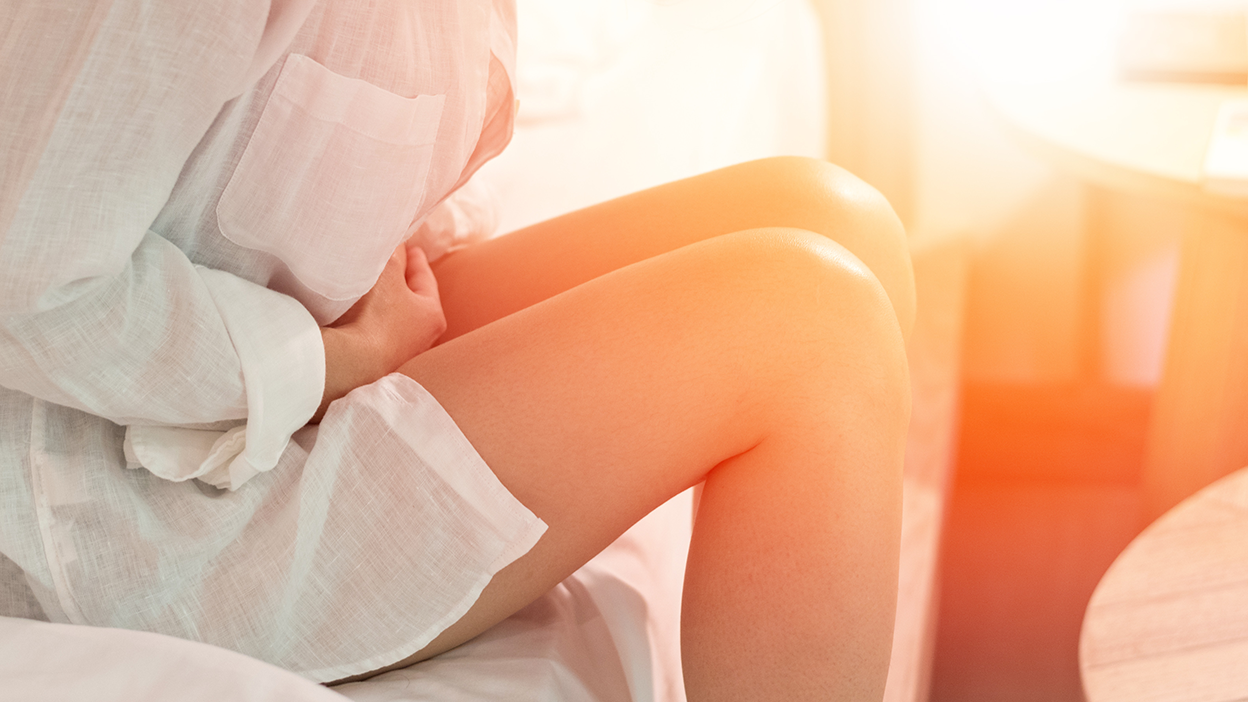About menstruation
Menstrual Hygiene
2 min. Read
Intro
Time to get personal, girls! Women's health is an important topic in every girl's life, which helps us stay protected from infections and unwanted diseases.
The vulva. Let's first clarify something. The vagina is the passage to the uterus, and the area outside and around it is called the vulva.
Article
Time to get personal, girls! Women's health is an important topic in every girl's life, which helps us stay protected from infections and unwanted diseases.
The vulva. Let's first clarify something. The vagina is the passage to the uterus, and the area outside and around it is called the vulva.
Remember that the vulva is skin, so it can become inflamed or irritated like a rash on any other part of the body. If it gets worse, see a doctor.
Otherwise, try the following:
- Rinse your underwear well to remove all traces of detergent.
- Use a quality fabric softener for your underwear.
- Try not to scratch during a shower!
- Use antiseptic talc to reduce itching.
- Avoid tight clothes that can intensify irritation in this area.
- Do not shave or wax until the irritation subsides.
Here are some things you can do to keep your vagina clean and infection-free:
- Wash your hands before and after inserting a tampon.
- Maintain personal hygiene every day - you need to shower, bathe, or wash your face one or two times a day.
- Avoid vaginal cosmetics such as powder or perfume.
- When washing, use unscented soap.
- Do not share towels with other people.
- Regularly do physical exercises and make sure you eat well.
- If possible, wear 100% cotton underwear.
- Do not wear very tight jeans for too long - especially with itching secretions.
- Regularly change pads and tampons.
See a doctor if you are experiencing one or more of these symptoms:
- Itching,
- irritation or soreness around the entrance to the vagina.
- Burning when using the toilet.
- Increased or unusual discharge.
- Swelling in the genital area.
- Heavy bleeding.
- Unpleasant odor.
Kimberly-Clark makes no warranties or representations regarding the completeness or accuracy of the information. This information should be used only as a guide and should not be relied upon as a substitute for professional medical or other health professional advice.




